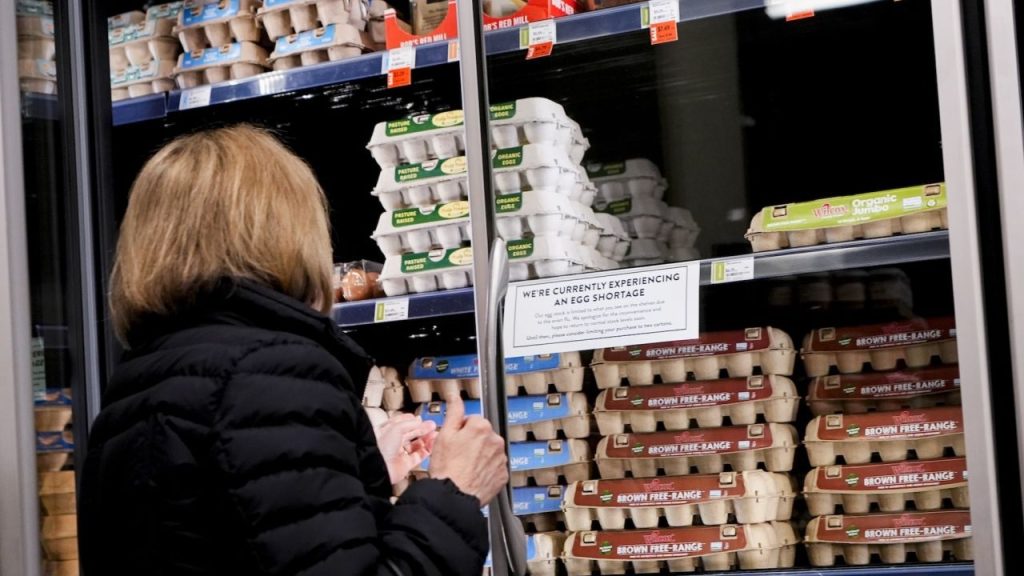Trump Issues Executive Order to Remove Tariffs on Key Food Imports
The executive order lifts tariffs on dozens of food items, including coffee, tea, spices, fruits, and meats, aiming to ease rising grocery costs amid growing political pressure.

President Donald Trump has issued an executive order eliminating reciprocal tariffs on dozens of food products, including beverages, spices, fruits, and meats.
According to Axios, the escalating affordability crisis has become a political burden for the Trump administration, and reducing tariffs is seen as one way to lower grocery prices.
The White House released a statement on Friday evening confirming that the listed foods will no longer be subject to the comprehensive tariffs imposed earlier this year.
The list includes coffee and tea; tropical fruits and fruit juices; cocoa and spices; bananas, oranges, and tomatoes; and various meats.
Significant Policy Shift
This order represents the most substantial rollback of the Trump administration’s trade policy to date, signaling concerns over cost impacts despite assurances from senior economic and trade officials that tariffs would not raise prices.
Although government shutdown delays affected inflation data, the most recent September report shows grocery costs rising at the fastest annual rate since 2023, with imported food prices, including coffee, climbing.
The executive order notes that the decision to adjust tariffs considered “current domestic demand for certain products and the local capacity to produce certain products.”
The move comes hours after Trump reiterated his argument that the affordability crisis is not worsening, contrary to government data. On Truth Social, he wrote, “Costs under the Trump administration are falling, thanks to significant reductions in gasoline and energy prices. We are the Party of Affordability!”

Industry Reactions
Trade groups quickly praised the move. U.S. branded goods manufacturers represent the largest U.S. manufacturing sector by employment, sourcing 90% of their components from American farms and suppliers.
However, some products—including coffee, cocoa, spices, and tropical fruits—cannot be produced domestically, according to the Consumer Brands Association.
FMI, the Food Industry Association, stated: “Many factors affect grocery prices, including weather, seed costs, energy and transportation, packaging, labor, and more. Tariffs are an important part of this complex supply chain.”
Some excluded industries immediately objected. Chris Swonger, CEO of the Distilled Spirits Council, said, “The exclusion of EU and UK spirits from tariff adjustments is another blow to the U.S. hospitality industry as the crucial holiday season begins.”
Even if the executive action does not fully resolve rising prices, it signals that officials are attempting to relieve some of the burden as consumer sentiment nears record lows.



